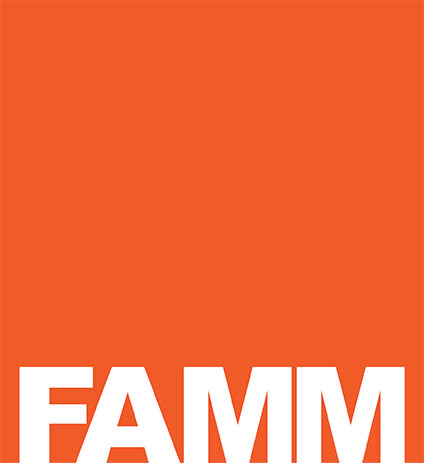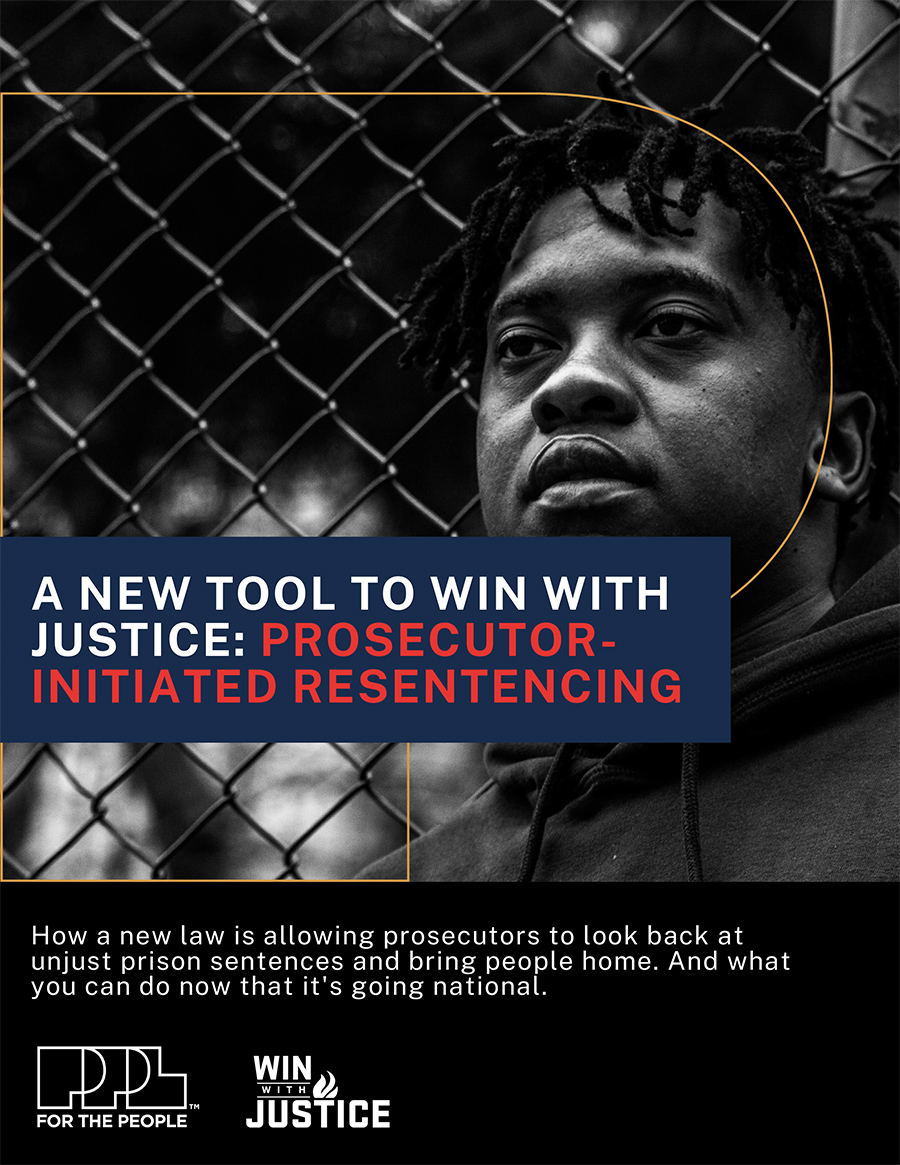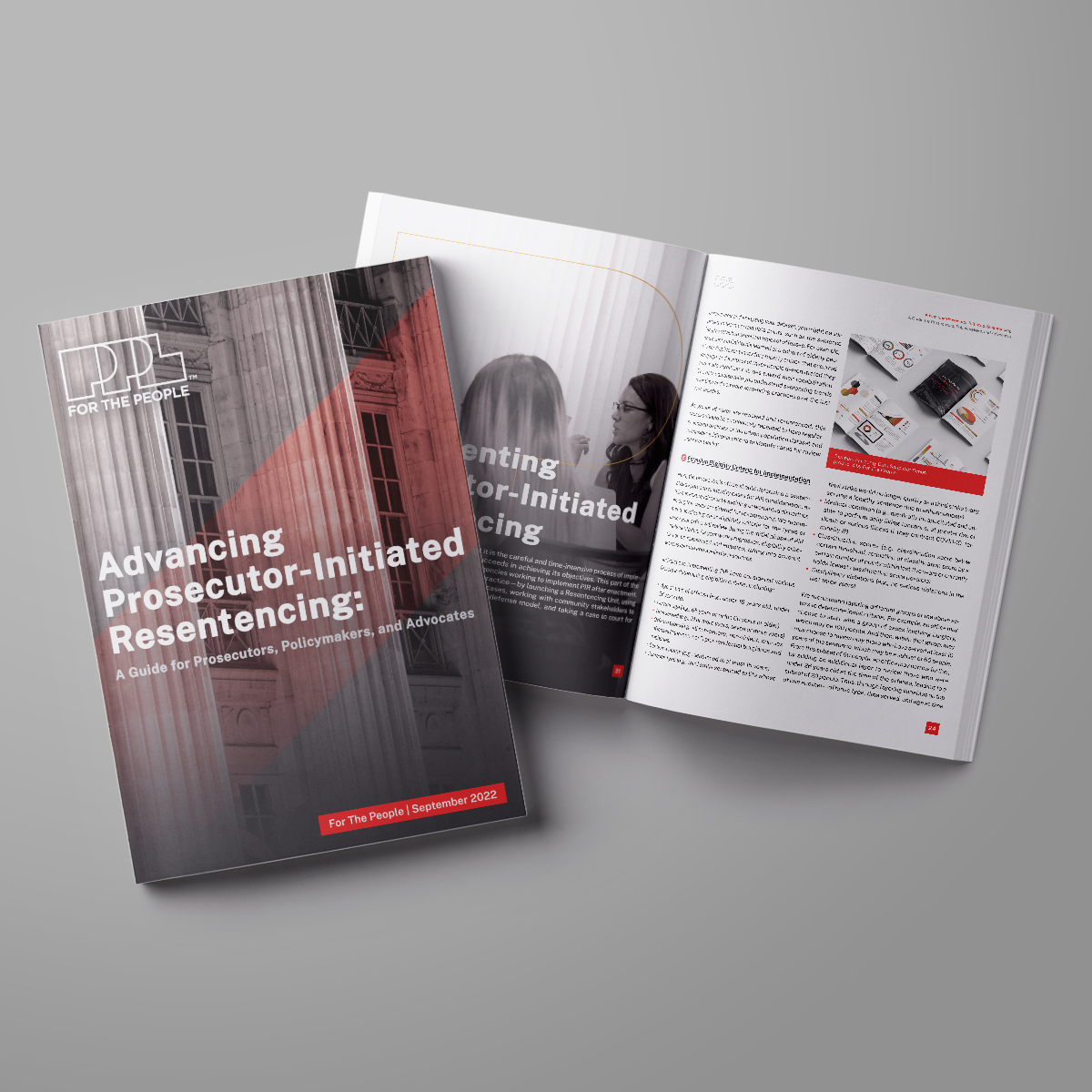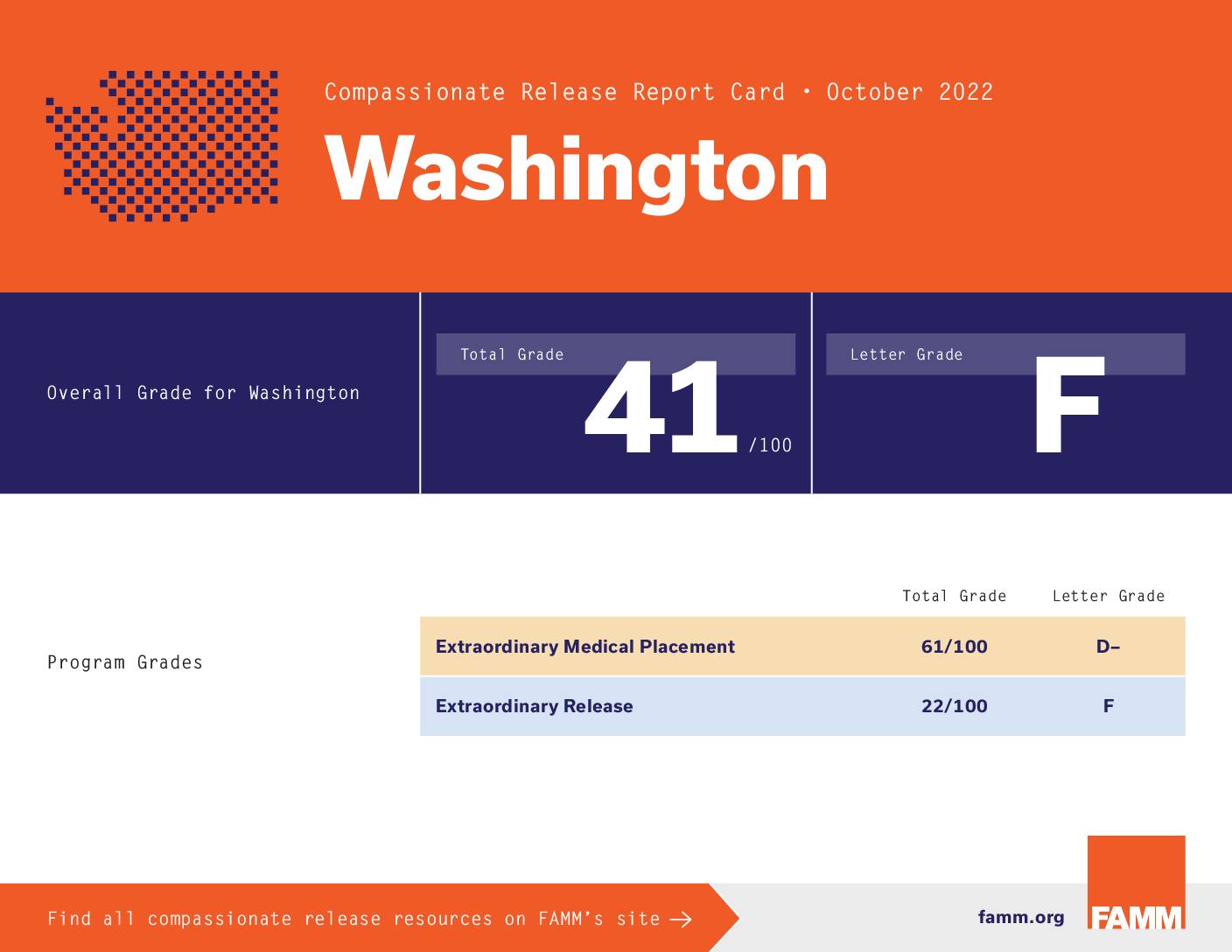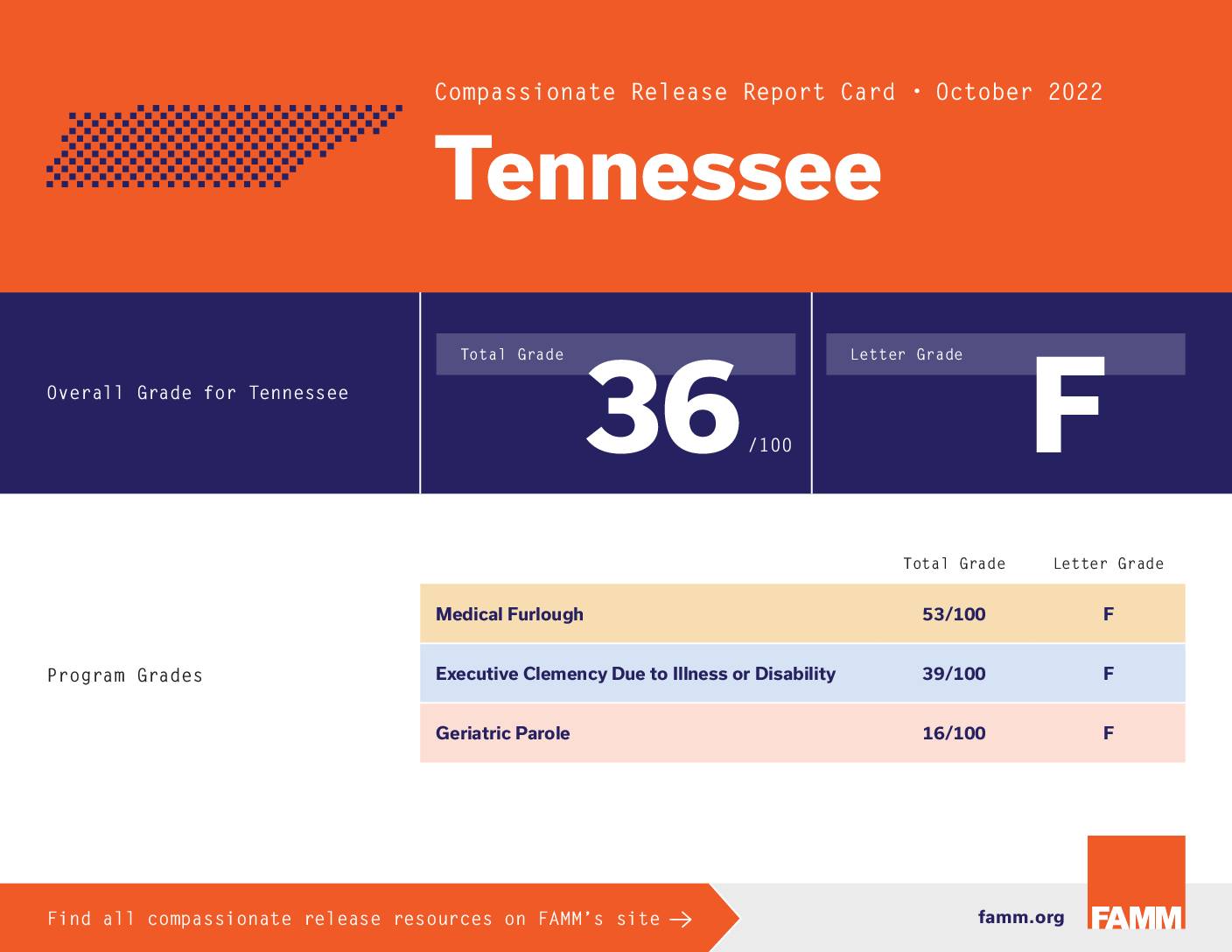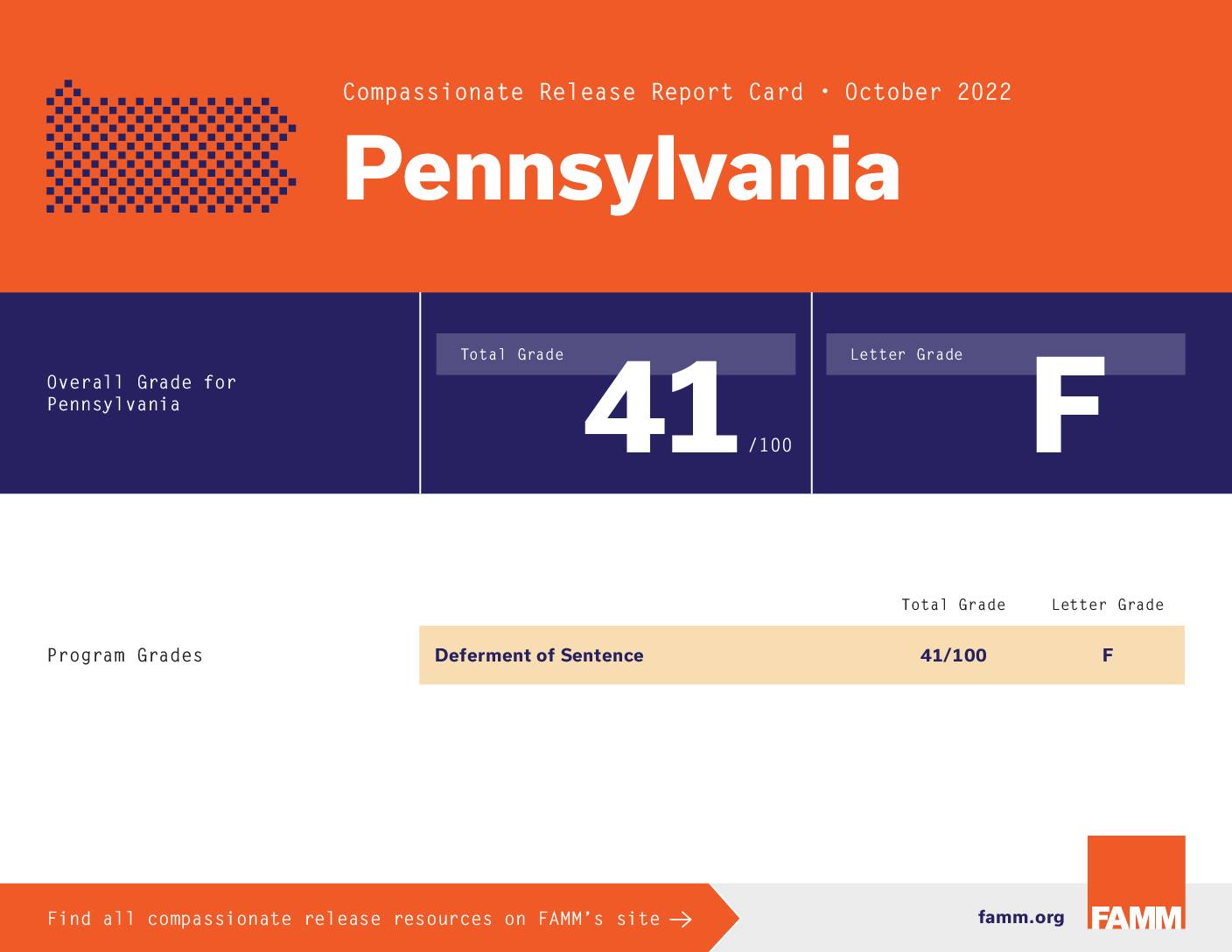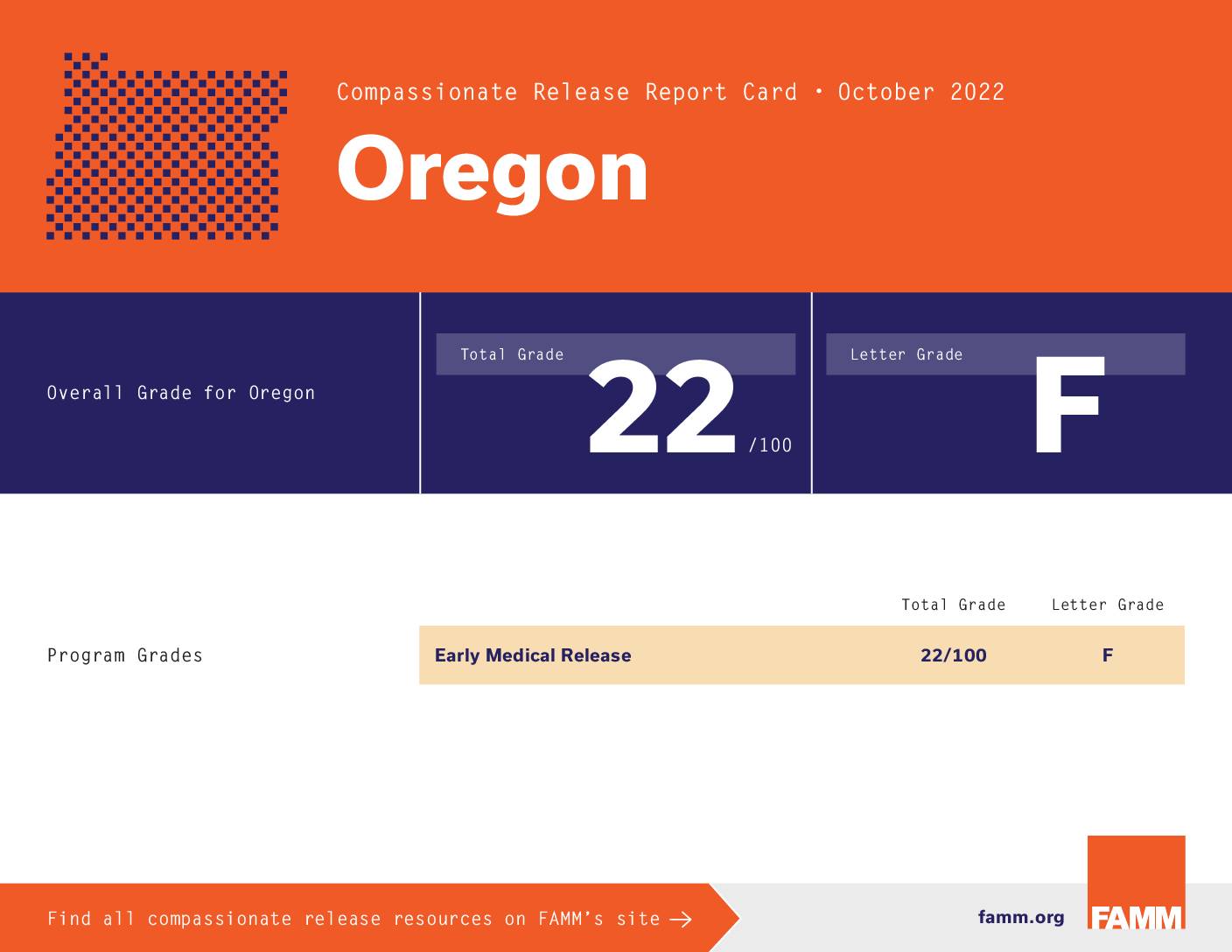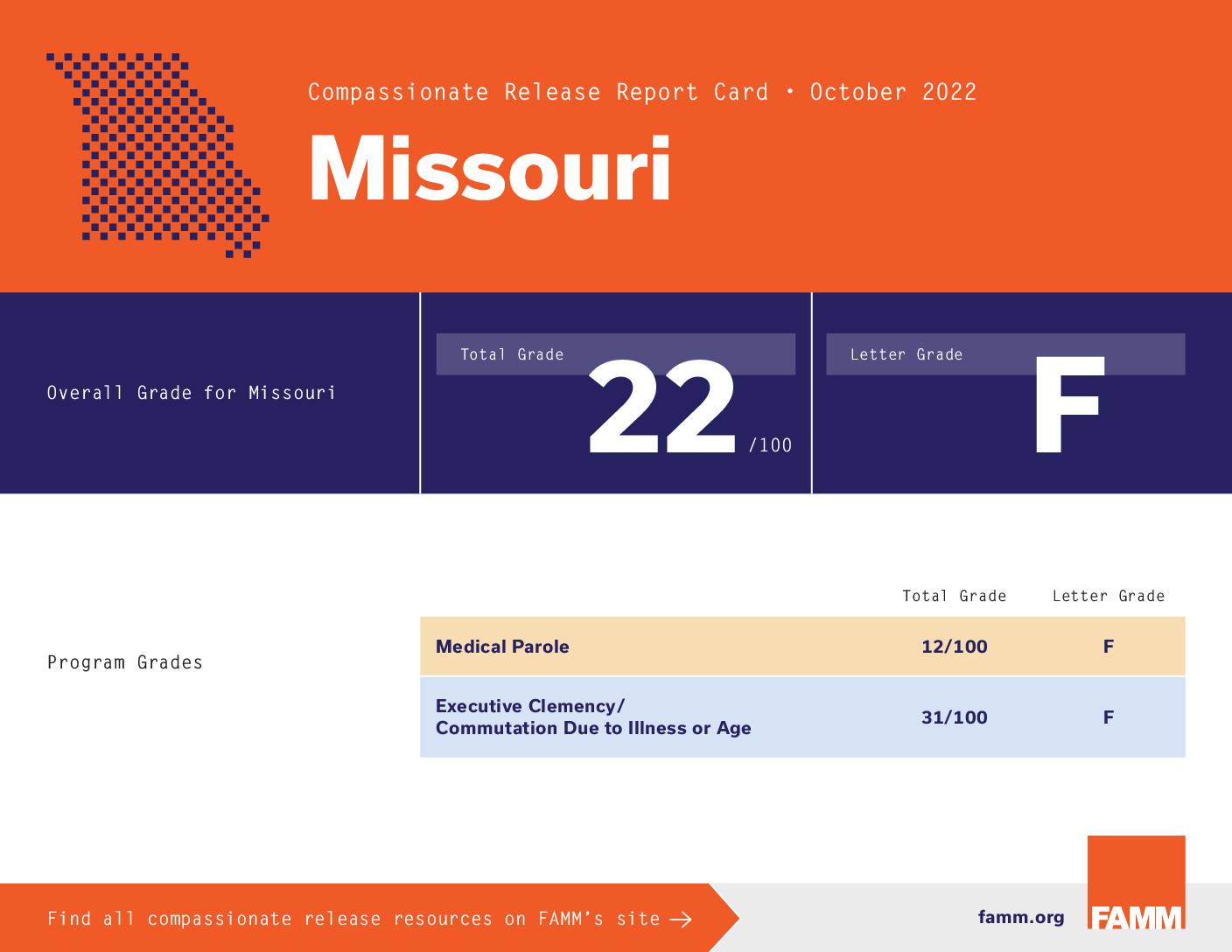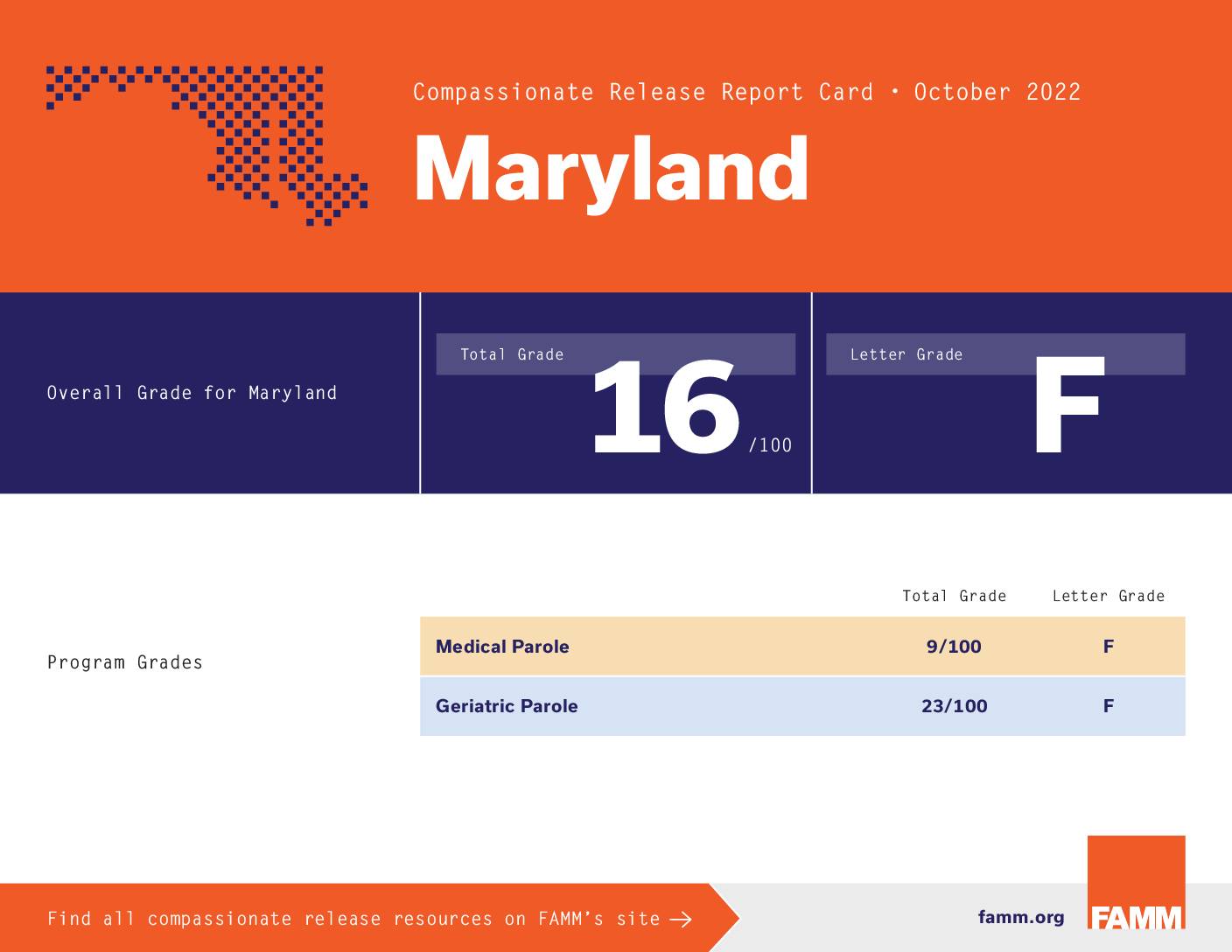PDF A New Tool to Win With Justice: Prosecutor-Initiated Resentencing
Win With Justice is partnering with For The People, a leading national nonprofit who supports prosecutors and family members as they seek to remedy unjust sentences. Together, we are offering “A New Tool To Win With Justice: Prosecutor-Initiated Resentencing” for prosecutors and community members working to bring their loved ones home. With this new tool, prosecutors now have the ability to reunite families and restore communities that have been decimated by mass incarceration.
